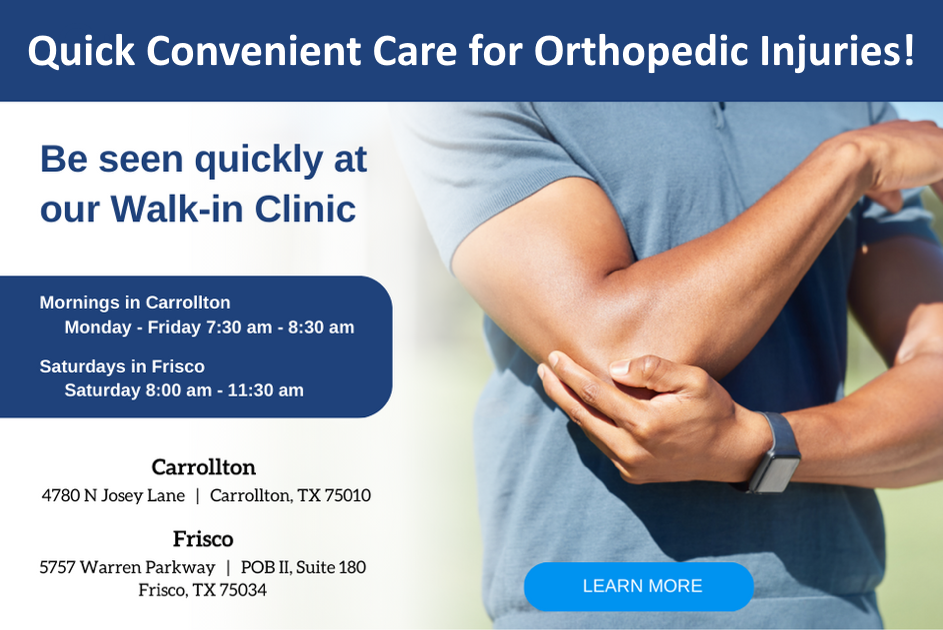Wrist pain is a common problem that occurs due to a number of reasons. In most of the cases, either the wrist is sprained, or fractured and the patient experiences inflammation and pain. They are unable to use their wrist properly. It is crucial to determine the exact cause of pain for proper treatment.
Causes – An array of causes lead to hand and wrist pain such as:
- Sudden injuries to bones, ligaments, or tissues in the wrist
- Repetitive use
- Fracture
- Overstretched hand
- Sprain
- Arthritis
- Carpal Tunnel Syndrome
- Tendonitis
- Ganglion cysts or tumor
Symptoms
Depending upon the causes, the symptoms of wrist pain may vary. Some of the common symptoms experienced by the patient include:
- Swelling
- Inflammation
- Bruising around the wrist
- Redness, warmth, and any other signs of infection
- Persistent pain in the wrist for a few days
- Inability to move or straighten the joint
- Inability to use the arm
- Any deformity
- Difficulty in carrying objects
Diagnosis
Often it is difficult for a patient to diagnose the problem with the wrist, as pain is a common symptom. For proper diagnosis, it is important to take medical advice. The patient should visit an orthopedic doctor who will clinically examine the wrist. Any delays in diagnosis and treatment may lead to long-term pain and slow healing.
Treatment
The treatment of wrist pain depends upon the symptoms and severity of the problem. There are a number of treatments, which are available in an emergency room or an orthopedic center. Common recommendations for treating wrist pain include:
Rest: The patient is suggested to rest and use the wrist to the minimum. Your doctor also may require the patient to modify his/her routine activities.
Ice therapy or use of heat pads: A doctor may also recommend ice or heat treatment to the patient so that he/she may get relief from the pain and any swelling.
Support braces: To provide gentle support to the wrist movement, support braces are recommended. These braces not only prevent any further injuries but also help patients carry out simple routine activities.
Medication: Patients are often prescribed non-steroidal, anti-inflammatory medicines, and cortisone injections.
Surgery: for severe fractures or other serious conditions such as Carpel Tunnel Syndrome, surgery may be the last resort. Prevention is the best solution. For sportspersons, orthopedic doctors at OrthoTexas suggest that they use protective gear and try to prevent the problem.


